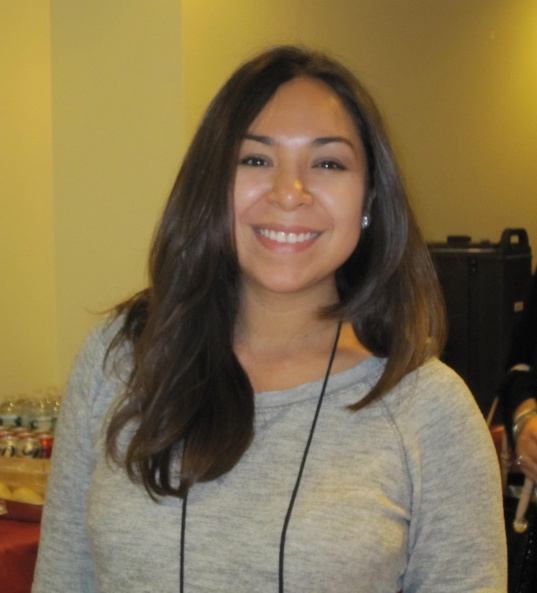I had the opportunity to interview, Helen Pitkowsky, a refreshingly open and positive twenty-something adoptee who challenges the notion that adoptive children are in a state of angst over their adoptions. Here is our conversation.
Q: How old are you?
A: 28 years old, almost 29.
Q: How old were you when you were adopted?
A: 4 months old.
Q: Were you born in the U.S. or in another country?
A: I was born in San Pedro Sula, Honduras.
Q: How did your parents tell you that you were adopted?
A: My sister and I are both adopted from Central America. We always knew that we were adopted because my parents are so active in the Adoptive Parents Committee (APC, the largest volunteer adoption organization in the New York Tri-State area). Ever since we were babies, we attended social events with the APC community.
Q: What advice would you give adoptive kids?
A: To speak when you are comfortable speaking. Never be afraid to say you don’t want to talk about parts of yourself. Know when to share your story and when to say you are not comfortable sharing your story.
There is much more acceptance of adoption today than when I was growing up. I was the only adoptive kid in my class. Today there are so many different types of families—same sex, stepparent. I was working recently with second graders who were so sensitive to each other when asking about each other’s families.
Q: What advice would you give adoptive parents?
A: Transracial adoption advocates today say that parents should make sure to expose your kids to their heritage. But I think it’s forced and upsetting if it is not coming genuinely.
Q: What did you discuss on the Young Adult Adoptee Panel you moderated at the APC Conference?
A: Most were domestic adoptees ten years younger than me and the theme that kept coming up was finding birth families. One of the panelists found his birth mother on Facebook, and after obtaining her information, did not want to meet her. His questions were answered. Another panelist said he and his sister found their birth mother online. They met her and are forming a relationship. Social media has opened up adoption, given adoptive kids so much information about and access to birth families. The adults in the audience, who were mostly adoptive parents, were very curious about this.
Q: How open is your adoption? Have you been curious about your birth family? Have you had contact with them?
A: I do not want a relationship with my birth parents because it’s too complicated. It would involve huge issues that younger adoptees don’t realize exist.
Q: Adoptees often report that their adoption means different things to them at different times in their lives. What has adoption meant to you so far at different points in your life?
A: When I was younger, I was really aware of my adoption because we would speak about it so much. My parents were advocates for adoption and leaders in APC.
Since I grew up in a Caucasian family, I didn’t think about it until I was a teenager.
When I was a teenager, I experienced negative attitudes and racial stereotyping, which offended me. Because of the way I look, both White and Hispanic people expected me to speak Spanish and to be sexy and sassy. I don’t speak Spanish and I am actually shy. I resented being stereotyped based on my physical appearance. But I realize I am not White. Race to me is why my hair looks a certain way, why I am a certain height, not preconceived behavior.
In my early twenties, I had a lot of questions about identity. I began to identify as non-White, but did not want to be forced to justify who I am based on my exterior. Now I feel more private about it unless I am speaking with people who have a healthy interest in my identity because they care about me. That’s how it evolved.



